
Share
The Golden Rules of Gifting
Lisa Armstrong is not immune to seasonal pressure to find the ‘perfect’ present. Here, she shares her hard-won advice
FREE DELIVERY on all orders over £200 and FREE RETURNS
FREE DELIVERY on all orders over £200 and FREE RETURNS

Lisa Armstrong is not immune to seasonal pressure to find the ‘perfect’ present. Here, she shares her hard-won advice
In every study ever conducted, the number of us who say we find the whole gift business stressful hovers at around 70 per cent.
Only 70? And what’s this about stress? Clammy tentacles of fear, more like – about reading people wrong, about putting our taste on the line, about spending too much and looking gauche, or spending too little and appearing mean. How do you place a value on the recipient?
Things can be tense on the receiving end too. The fake smiles, the forced gratitude…Seeing that we all have to give at some point in our lives – Christmas and Chanukah approacheth and there is always a birthday, a christening, a wedding anniversary, a wedding, a divorce, a graduation or a leaving do looming – why isn’t there more help available?
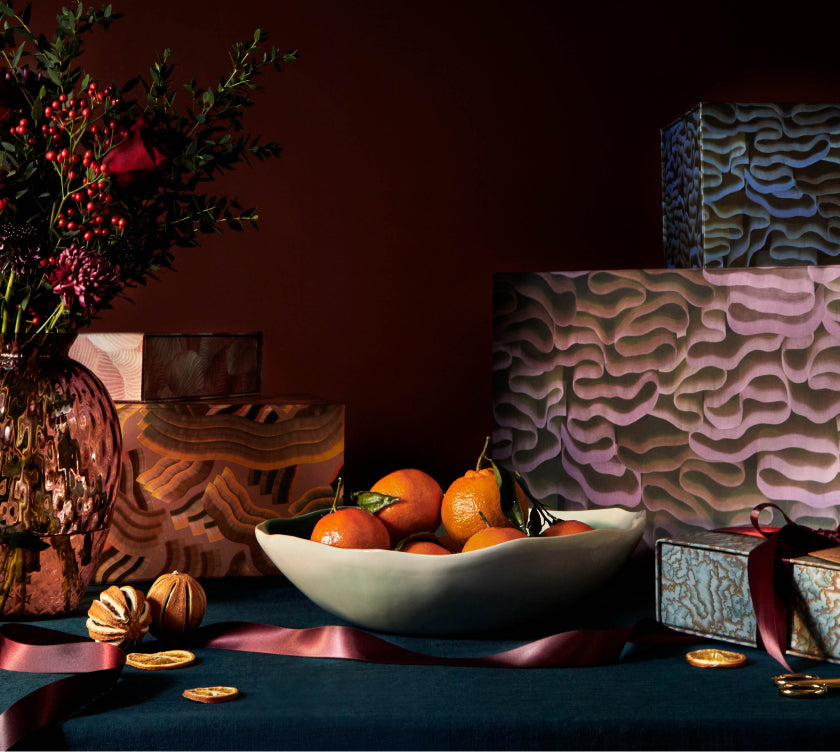
Looking objectively at the person you’re gifting can help dissolve the fear factor. Treat the exercise as an intriguing puzzle – one where getting it right will tell you even more about them (and perhaps yourself), and will have the added bonus of building your confidence in your ability to master this most rewarding of arts.
Sure, throwing money at a problem can help, but sometimes it simply reinforces the “wrongness” of a gift. Therefore, always prioritise thoughtfulness. It will show.
And try not to procrastinate. Put a note in your calendar six weeks before the present is due, not a few days. That should allow time for customisation if necessary – always a classy touch.
This level of forethought doesn’t mean buying whatever catches your eye throughout the year, especially not when you’re on holiday, when all good senses go on vacation too, but sadly not to the same place you did. This kind of gift shopping is often about spotting an alleged homegrown ‘bargain’ (yes, there are exquisite embroidered shawls in India and the maté tea flasks that Argentine gauchos are never without can be compelling… But are they destined to languish in your present cupboard, gathering dust? Better to source something bespoke through ABASK).
What if you’re dealing with the gift giver’s nightmare from hell – the minimalist who appears to live with almost nothing, apart from a wardrobe of clothes from The Row and half a dozen mid-century statements in their home?
Take William Morris’s advice to only buy something you know to be useful or believe to be beautiful. My suggestion is to home in on the useful part. You’re not going to buy pretty tchotchkes for the Minimalist Nightmare from Hell. You’re going to focus on objects that even the minimalists’ minimalist can never have too many of: household linens, chopping boards, blankets, stationery or items that are meant to be consumed, like scented candles in keep-for-ever vessels.
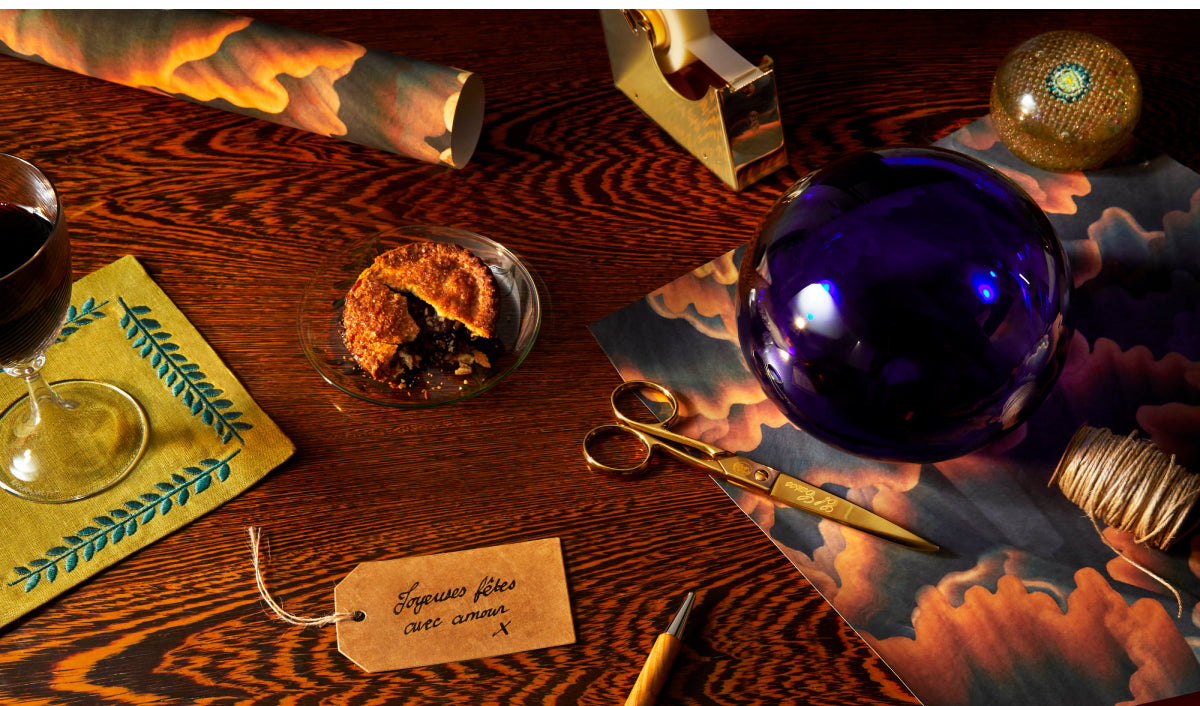
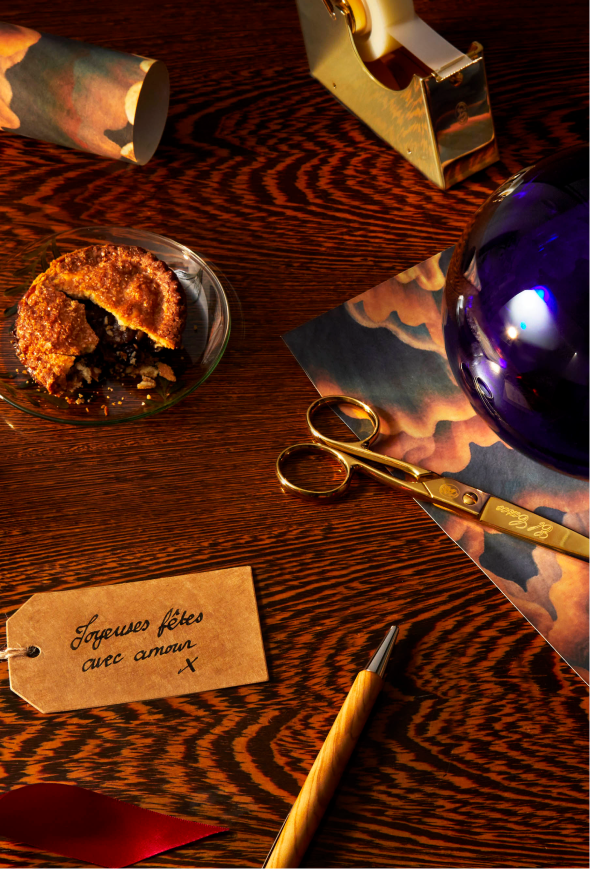
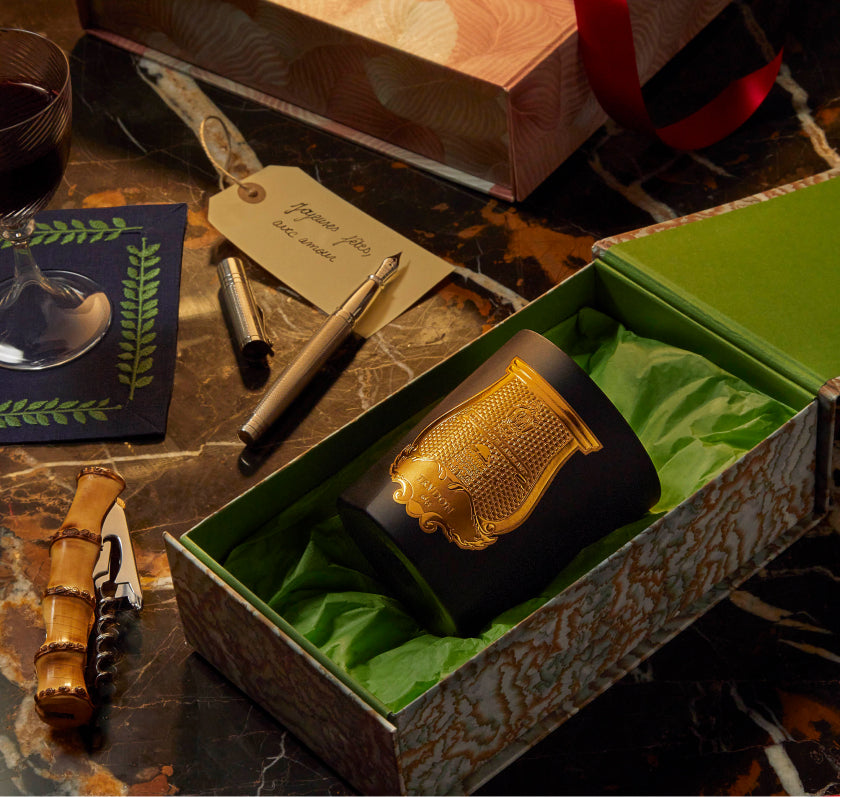
And find the finest. A touch of luxury rarely goes amiss – who doesn’t appreciate a Métier London leather envelope lovingly made by Italian artisans, plus a set of cards for handwritten notes to fit inside? Or handpainted plates? Or handwoven cashmere cushions by Denis Colomb?
Luxury comes in many guises, not always at stratospheric prices. A bunch of flowers in their favourite colours, a neon orange desk stapler or bronze paperweight for their new office, with a monogram that isn’t simply their initials, but contains a witty message.
There are two other nightmares to buy for. The person who has everything, and the person whose “quirky” aesthetic you’ve never quite been able to get a handle on.
The former, in reality, is relatively easy. If they really have everything, they obviously love stuff. They probably appreciate replicas of certain items – it all comes back to Morris’s usefulness. Corkscrews, vases, backgammon sets (check they play backgammon, obviously), salad bowls... if the new iteration is beautiful as well, how can they not love it?
For giftees whose style clashes violently with your own – just breathe and go with the flow, as much as you can. Trying to impose your own taste will only earn you a place in their regifting drawer. Instead, raise kitsch to a new level.
Games are a natural meeting place for your ideas and theirs, since there’s plenty of room for playfulness. Who could fail to appreciate an 800-piece, hand-painted Keith Haring jigsaw puzzle or Alexandra Llewellyn’s marquetry set?
But just in case, always let them know you’ve kept the receipt, and they’re welcome to exchange. In the end it doesn’t matter who chose it, as long as it’s a gift that brings lasting pleasure.
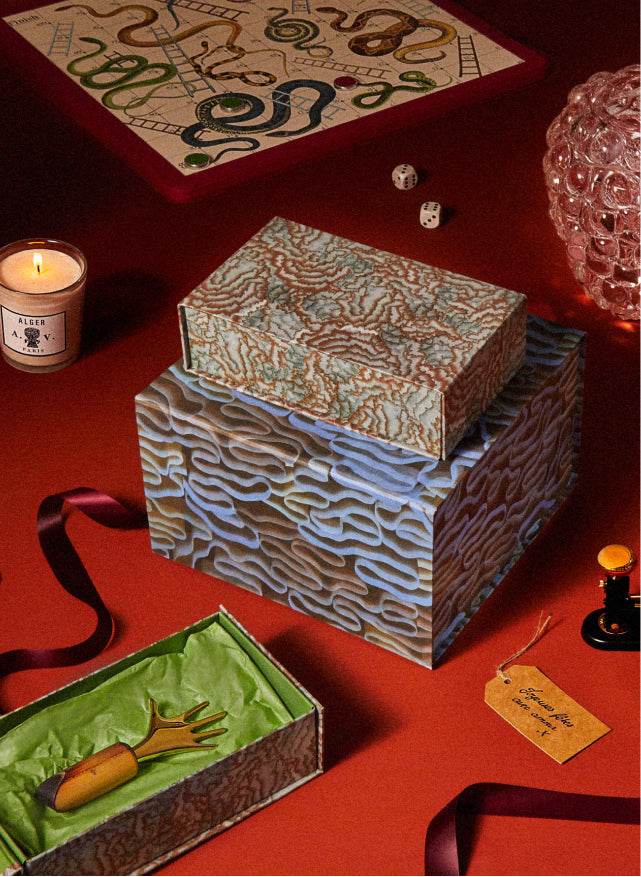
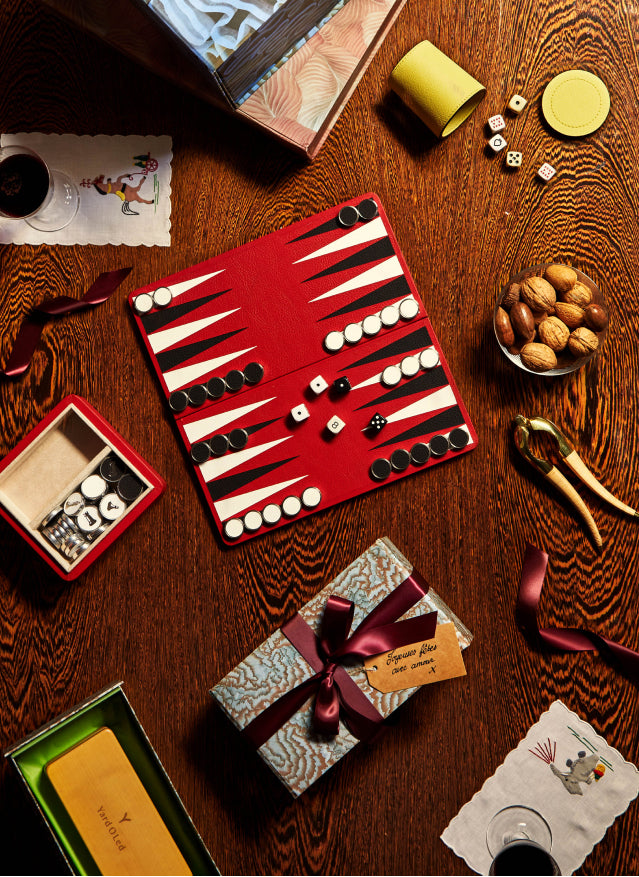
Spend £200 more to enjoy free delivery
Your Shopping Bag is currently empty